From strategic marketing and committee work to future challenges and exciting events – Werner Worringen, IMK Manager at Yokogawa Germany, answered Tim Henrichs, Marketing Manager at Yokogawa Germany, in an interview.
Hello Werner, you are IMK Manager at Yokgawa Germany. What tasks does this position involve?
Werner Worringen: Hello Tim, first of all: IMK stands for Industrial Marketing. This is a strategic task. My focus is on PAT, i.e. process analysis technology.
What is strategic marketing and what do you like about it?
Worringen: In my case, strategic marketing means helping our Process Analytics division to achieve a good market position in the medium and long term. That means listening – Voice of Customer in the broadest sense, thinking about how we deal with changes in the market or even how we shape or help to shape changes. And there are many of them at the moment. That’s exactly where I find the appeal that you ask for: to shape and help shape and the diversity that lies within.
Process analysis technology was, is and remains dynamic and continues to gain in importance. One example is the R&I code.
And as far as communication is concerned, it is precisely the technical systems that overtake the people in the individual departments of the companies. That, too, is an attractive challenge. It’s not always just about technology.
 You are also increasingly involved in committees – in which ones and why?
You are also increasingly involved in committees – in which ones and why?
Worringen: Please let me start with the why: Because in the committees there is design and exchange. And because the committees are in a position to reconcile the individual interests. All facilities and facilities can or should communicate with each other in the near future. This also requires a lot of communication and agreement between the people involved and those who implement it. In the meantime, there is even a growing need for several bodies to come together to adopt a common position. For example NAMUR and ZVEI in the joint working groups 2.8 on NAMUR Open Architecture or NAMUR AK 3.7 together with the ad-hoc-AK M+O sensors. Every time I am invited as a guest to NAMUR AK 3.6 – the AK for process analytics – I am also very happy.
“The AK-PAT cultivates the trialogue of research/teaching, users and manufacturers”
In particular, I am involved in AK-PAT, the working group for process analytics, and there in the extended board of directors. While the aforementioned working groups are very topic- and task-bound, e.g. for the work on standards or recommendations, AK-PAT is relatively free to deal with any topic within the PAT that is current – even in a mix. For example, new analysis methods, new applications, operational practice, for example with the always current topic of sample preparation, big data and so on. The working group cultivates the trialogue of research/teaching, users and manufacturers.
Just as famous musicians have a supporting group at their concerts, the AK-PAT has the young academics. Some doctoral students presented their work here, were accepted into the PAT community and found their first job with one of the three trialogue partners.
Due to your intensive committee work, among other things, you have your eyes and ears very close to the “pulse of the industry” – what moves it the most at the moment?
Worringen: As in so many other industrial sectors, this is digitization. The activities for NAMUR Open Architecture are in full swing. At Yokogawa, we have a lot of ideas for monitoring and optimizing sensors and analyzer systems in the PAT area, which are usually more complex than field instruments. In my view, this is an unearthed treasure for more efficient maintenance, anticipatory action and operational optimization. Before that, however, the data diode and the verification of request must be finally developed. In other words, the components that ensure that data is retrieved safely from the control system and can be safely fed back again. These initiatives are on their way. Customers attach great importance to standardization making processes simpler and reducing costs.
However, we should not lose sight of the PAT sensor. Quality starts at the data source.
Looking to the future: What needs to happen for the industry to be optimally equipped for the future and what is Yokogawa contributing to  this?
this?
Worringen: My goodness, you could fill a whitepaper with that. I would just like to highlight two points. Standardization to a reasonable degree to make new systems affordable and universal. Openness as far as possible, so that companies are motivated to continue designing innovations. Actually as it is intended in the information models for the sensors. There are standardized sensor data that apply to all manufacturers. The same information in the same place. In addition, there is an area in which freely definable, possibly manufacturer-specific information can be found. Those who can operate their application with the standard data are not burdened by the additional information. But those who can create value from the additional information will appreciate it and benefit from it. There is a choice.
“Quality begins at the data source”
The people in the departments must learn to network in exactly the same way as the technical systems already are or are in the process of becoming. For this, too, we need communication standards: respect, esteem, fairness, openness.
Which events focus on such topics?
Worringen: These are, of course, the large and small trade fairs. The NAMUR Annual General Meeting always sends a strong signal. There are not too many pure forums for the PAT community. The annual AK-PAT colloquium is one such event. I don’t know of any other forum for process analytics with this full spectrum around process analytics. Moreover, it is only there that there is this balanced mix of users, universities and manufacturers. I enjoy working at both events very much. By the way, EuroPACT will be held in Copenhagen next May with a similar approach at the European level.
Dear Werner, thank you very much for the informative and exciting discussion.
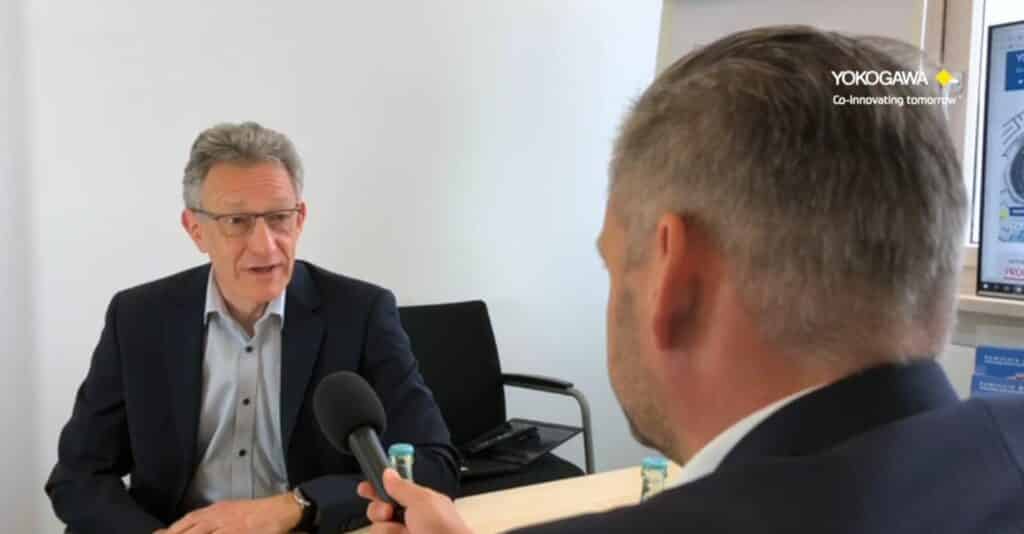

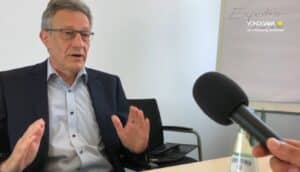 You are also increasingly involved in committees – in which ones and why?
You are also increasingly involved in committees – in which ones and why?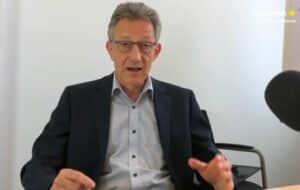 this?
this?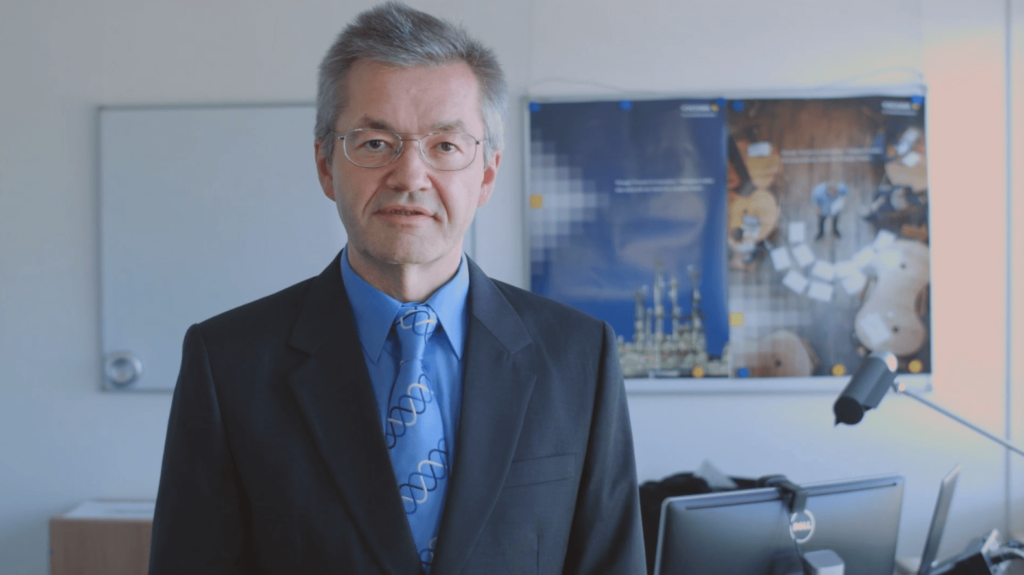
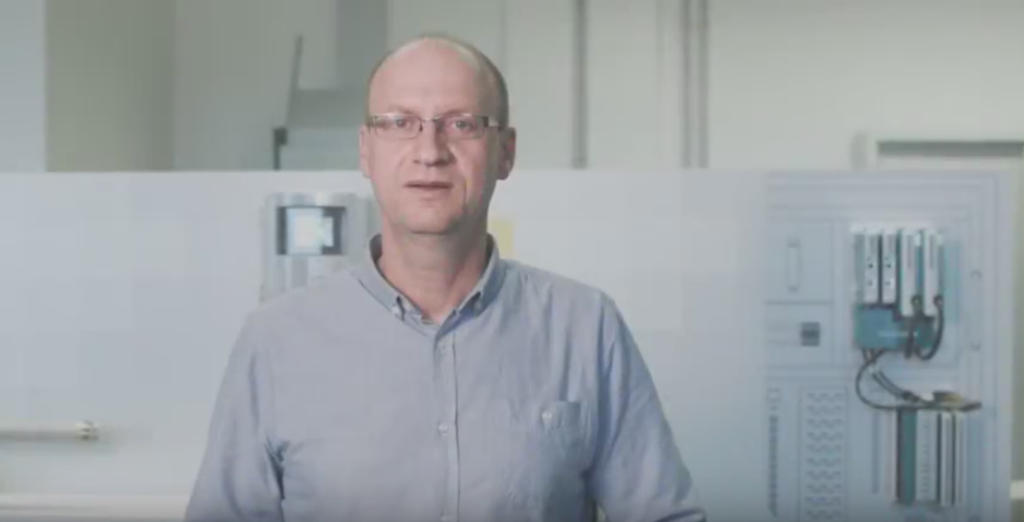

hello sir
this is Golalizadeh
i have 17years experience i worked with krupp-uhde in 2 hdpe projects (commissioning and construction dcs yokogawa CS3000)i trained in dusseldorf (yokogawa center)if you need i can help you in new project with low price unfortunately in this situation all Yokogawa project in IRAN locked if you like and send me an invitation i can come Germany and cooperate with you with min salary.
if it’s impossible thanks for your kind attention.
Good day
M.GOLALIZADEH